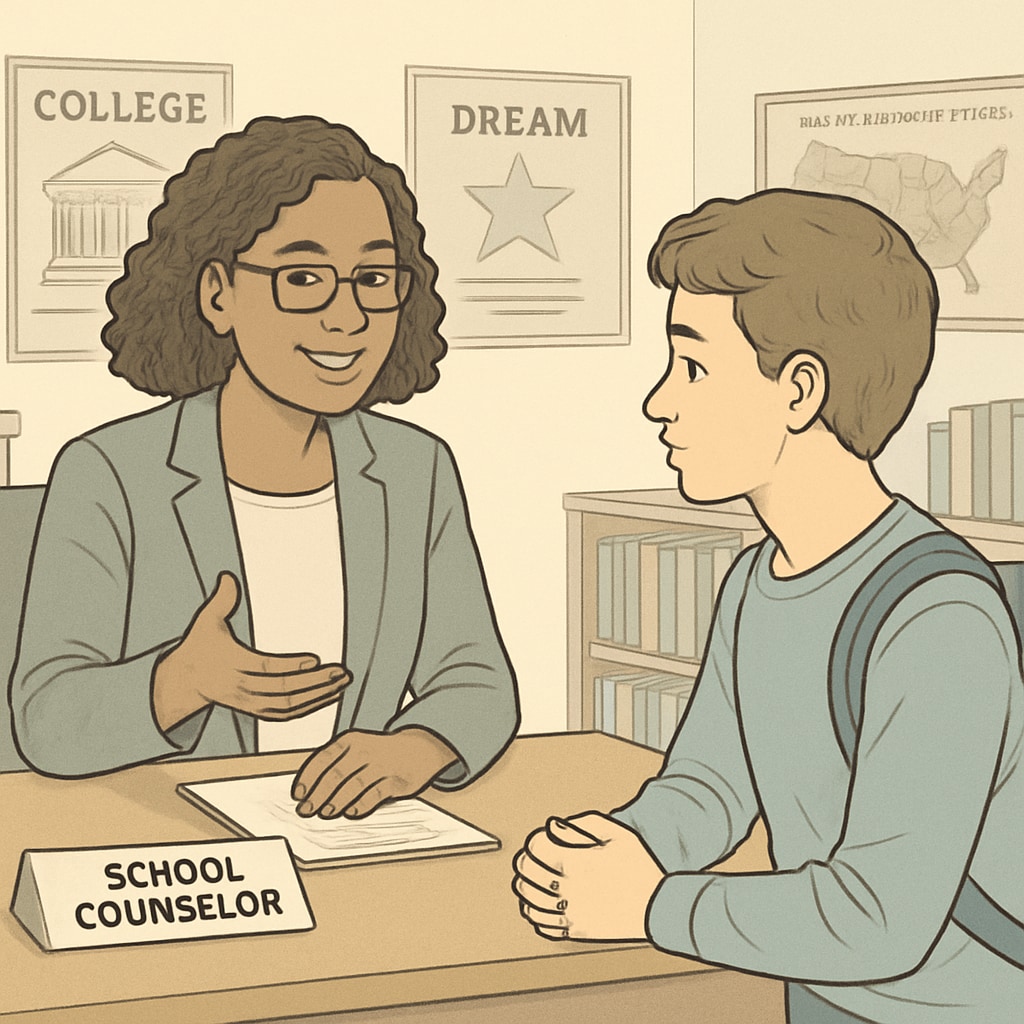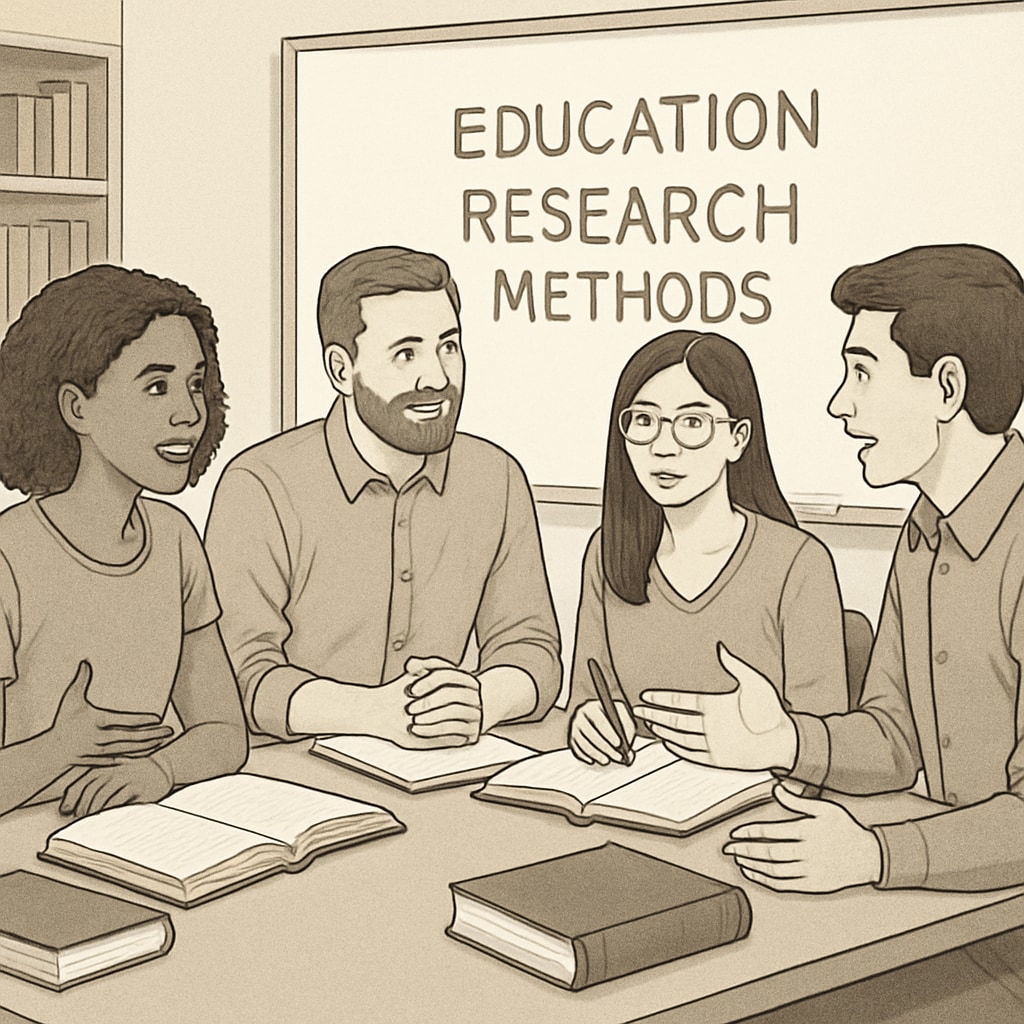For graduate students working on assignments related to K12 education, finding school counselors for interviews can be a daunting task. The process often involves navigating structural barriers, such as strict school policies, limited access to educators, and time constraints on both sides. However, with the right strategies, it is possible to successfully connect with K12 school counselors, fostering productive interviews and meaningful contributions to education research.
Understanding the Challenges of Accessing K12 School Counselors
Before diving into solutions, it is essential to understand the common challenges that graduate students face when reaching out to school counselors. These challenges can include:
- Administrative Barriers: Schools often have strict protocols for external communication, requiring formal permissions from administrators or district offices.
- Time Constraints: School counselors have busy schedules, balancing student guidance, administrative duties, and crisis management.
- Lack of Trust: Counselors may hesitate to participate in interviews due to concerns about confidentiality or the relevance of the research.
Recognizing these barriers is the first step in devising effective strategies to establish connections with K12 school counselors.

Proven Strategies to Connect with K12 School Counselors
Overcoming these challenges requires a thoughtful and systematic approach. Below are some effective strategies to help graduate students initiate contact and build trust with school counselors:
- Leverage Professional Networks: Use existing connections, such as professors, alumni, or internship supervisors, to introduce you to potential interviewees.
- Craft a Clear and Concise Outreach Message: When contacting counselors, clearly explain your research goals, the expected time commitment, and how their insights will contribute to your work. Personalize your message to demonstrate genuine interest in their expertise.
- Offer Flexible Scheduling Options: Respect the counselors’ time by proposing flexible interview slots, including after-school hours or virtual meetings.
- Seek Institutional Support: Request an official letter of endorsement from your university to lend credibility to your outreach efforts.
- Utilize Educational Conferences: Attend local education events or seminars where school counselors are likely to participate, providing an opportunity for face-to-face networking.
Building Trust and Encouraging Participation
Once contact is established, the next step is to build trust and ensure a positive experience for the school counselor. Here are some tips:
- Be Transparent: Clearly explain how the data will be used, emphasizing confidentiality and ethical research practices.
- Show Appreciation: Acknowledge the counselor’s time and effort with a thank-you note or small token of appreciation.
- Provide Follow-Up: Share the outcomes of your research with the counselor to show that their contribution was valued and impactful.
By taking these steps, you can create a collaborative relationship that benefits both your academic work and the counselors’ professional growth.

Conclusion: Bridging the Gap for Successful Education Research
Connecting with K12 school counselors is a critical step for graduate students conducting research in education. While the process has its challenges, a strategic approach that includes understanding barriers, leveraging networks, and building trust can lead to successful and meaningful interviews. By fostering these connections, graduate students not only enhance their research but also contribute to the broader field of education studies.
As a result, building bridges between academia and practice becomes an achievable goal, paving the way for impactful research and improved educational outcomes.
Readability guidance: Short paragraphs and lists summarize key points; overuse of passive voice and long sentences is avoided. Transition words such as “however,” “therefore,” and “in addition” are utilized to ensure smooth flow and clarity.


